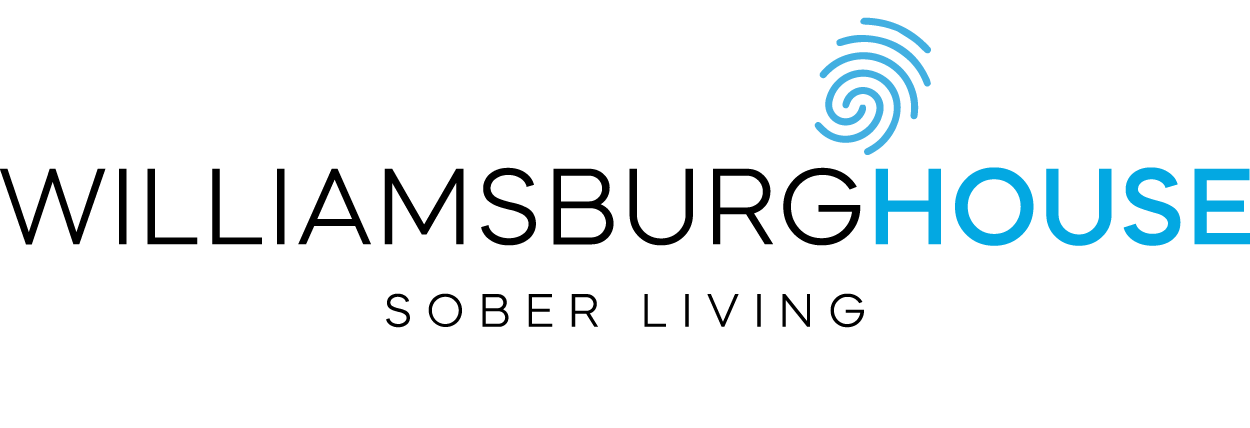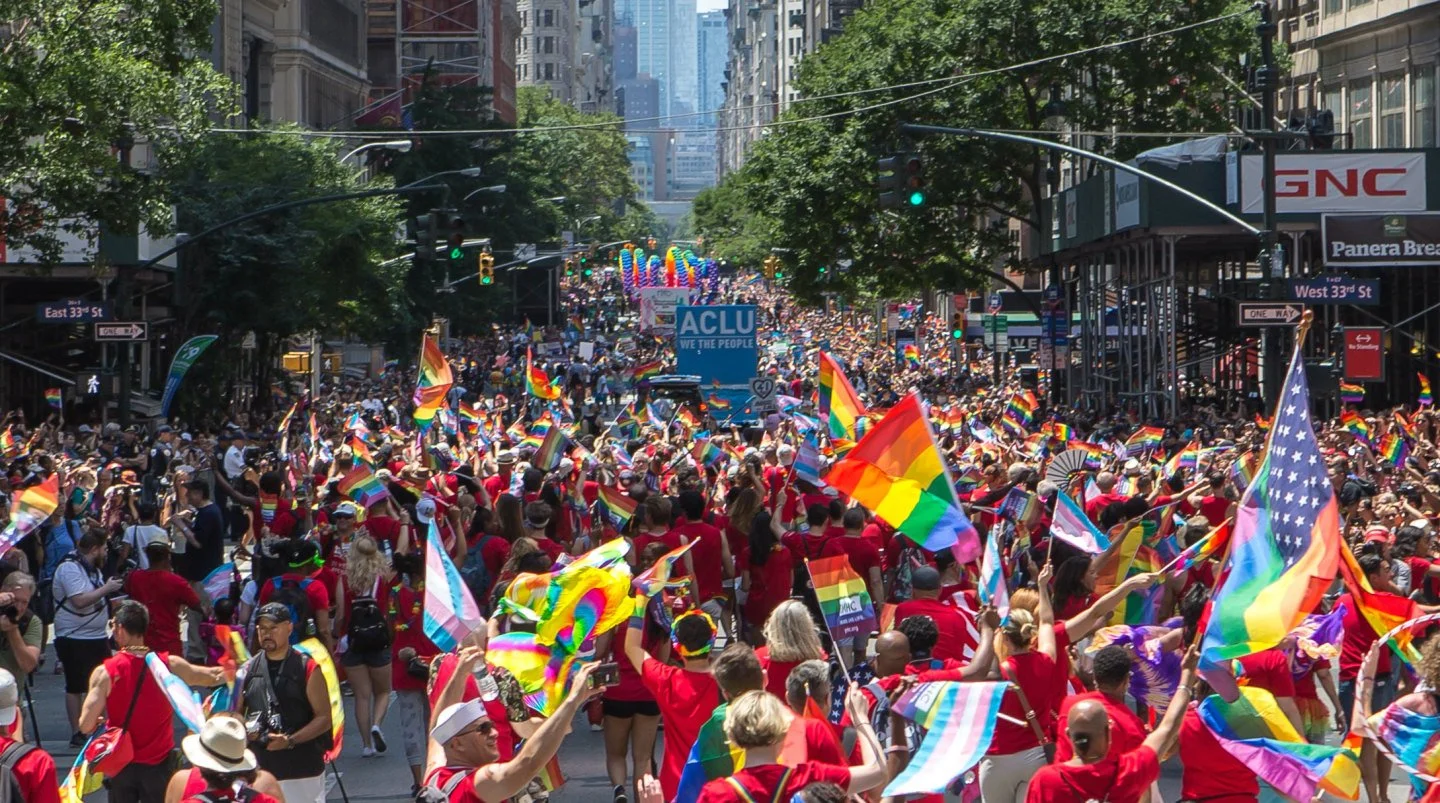If you’re familiar with Williamsburg, you’ve probably been to Smorgasburg once or twice. What you may not know is that in August 2020, the 7-acre state park where Smorgasburg was hosted, and just a few blocks from Williamsburg House, was officially renamed to the Marsha P. Johnson State Park on at would’ve been her 75th birthday. It was the first state park in New York to be named after an LGBTQ+ figure and reignited interest in learning about her life and contributions to the gay rights movement that started in the late 1960s. From her role in the Stonewall Riots to the creation of numerous organizations that served the LGBTQ+ community, Marsha P. Johnson was a fierce advocate for those deprived of their basic rights.
Born August 24, 1945 in Elizabeth, New Jersey, Marsha P. Johnson moved to New York City immediately after graduating high school at the age of 17. Shortly after moving to the city, she met her longtime friend Sylvia Rivera whom she would later create STAR House with.
Marsha and Sylvia grew up in a New York much different than the one we know today where being your authentic self is encouraged and celebrated. In the 1960s, solicitations of same-sex relations (holding hands, kissing, or even dancing with someone of the same sex) was illegal in NYC. Despite this, certain bars were considered safe havens for those of the LGBTQ+ community since they were owned by the mafia who paid police to look the other way. The other benefit of bribing the police was that bar owners were notified of raids ahead of time so they could hide their illegal alcohol.
The Stonewall Riots
On the night of June 28, 1969, the Stonewall Inn was raided by police unannounced, catching the owners off guard. As the raid continued, patrons and neighborhood residents continued to gather outside of the bar instead of dispersing. One police officer was in the process of arresting a woman when he hit her over the head, leading the woman to incite the crowd to throw pennies, bottles, cobblestone, and other objects at the police. This is where Marsha P. Johnson joined the front lines of the riot and began to fight back against the police. Some police, those arrested, and a Village Voice writer barricaded themselves inside the bar while the looming crowd outside attempted to burn the building down. This night caused riots to continue for the following 6 days.
Marsha P. Johnson at the First Christopher Street Liberation Day March
AFTER THE RIOTS
In 1970, a year after the riot, NYC held its first Gay Pride Parade. Marsha and her friend, Sylvia, founded the Street Transvestite Action Revolutionaries (STAR) which provided housing and other services to queer youth and sex workers in the city. This was important to both Marsha and Sylvia since they had experience with homelessness themselves. STAR was created specifically to include transgender folks and LGBTQ+ people of color since there was discrimination against both among the more popular gay rights coalitions. She also was a popular drag performer throughout the 70’s. In the 90s, she became involved with the infamous
The P in Marsha’s name stood for “Pay it No Mind” which she embodied with how she interacted with the world. Though she was revered in her community, Marsha still found herself dealing with difficult circumstances daily. She still suffered from mental health bouts of homelessness, run-ins with police, and supported herself through sex work which regularly put her in dangerous situations. In 1992, she revealed in an interview that she had contracted HIV/AIDS but declared that people with the disease shouldn’t be feared, which went against the public stigma at the time.
Tragically her body was found floating in the Hudson River on July 6, 1992. The police originally ruled it a suicide but her friends and family insisted she wouldn’t do that. They argued it was far more plausible she was murdered since trans women, especially trans women of color, were often victims of hate crimes. Eventually the coroner’s office in 2002 changed the cause of death from “suicide” to “undetermined” and 10 years after that the NYPD reopened the case as a possible homicide though the case remains unsolved.
Today, the LGBTQ+ community in New York City doesn’t have to fear the same persecution as the generations before them. The city hosts the largest pride parade in the country every June in commemoration of the Stonewall Riots. For the 50th anniversary celebration in 2019, an estimated 4 million people joined the festivities.
Being located less than a 10 minute walk from the Marsha P. Johnson park is a reminder to Williamsburg House to continue our mission to support inclusivity and diversity both in and outside of our community. We welcome all clients regardless of their gender identity or sexual orientation and look forward to supporting them on their journey to living proudly.
Marsha P. Johnson Park in 2023






